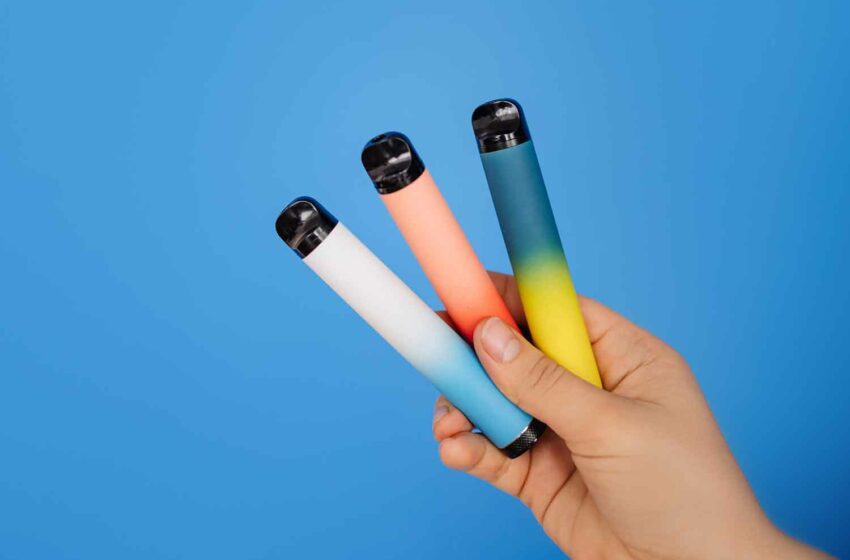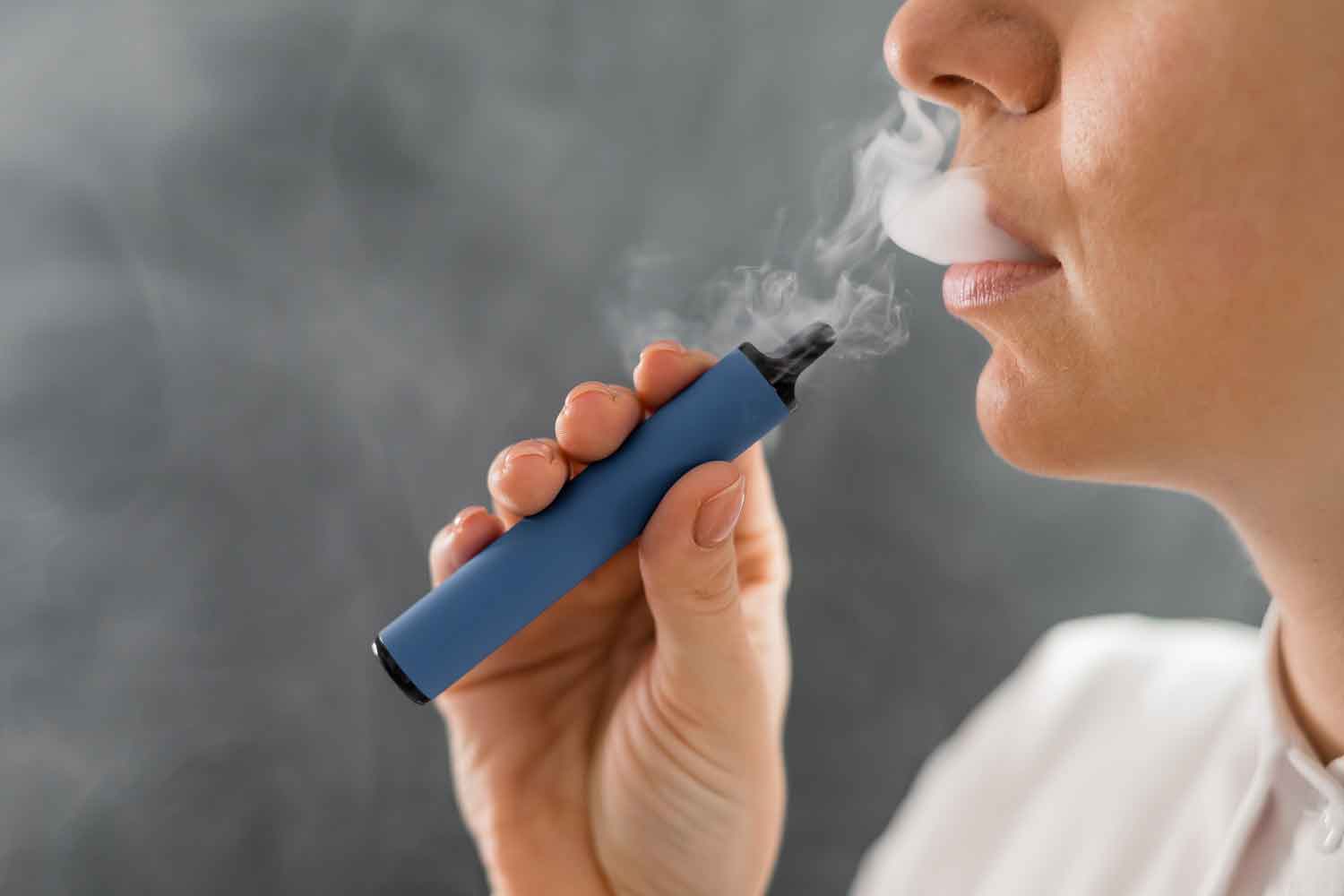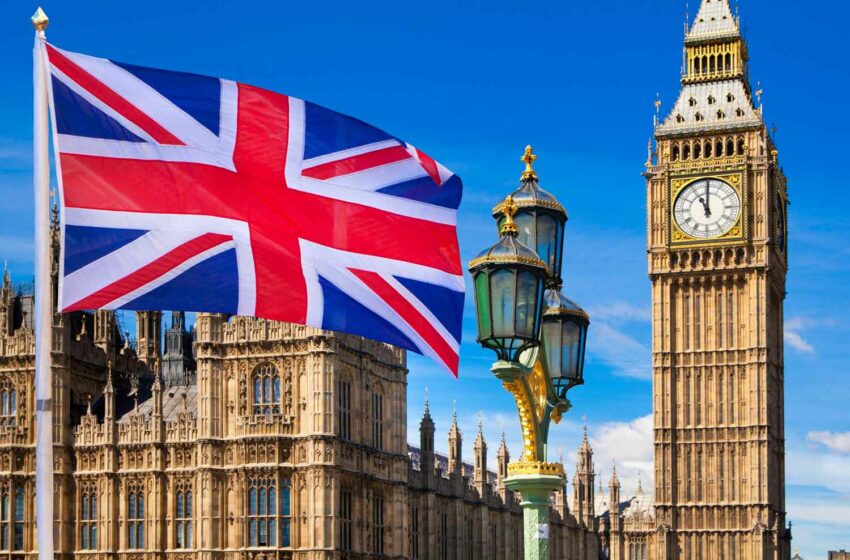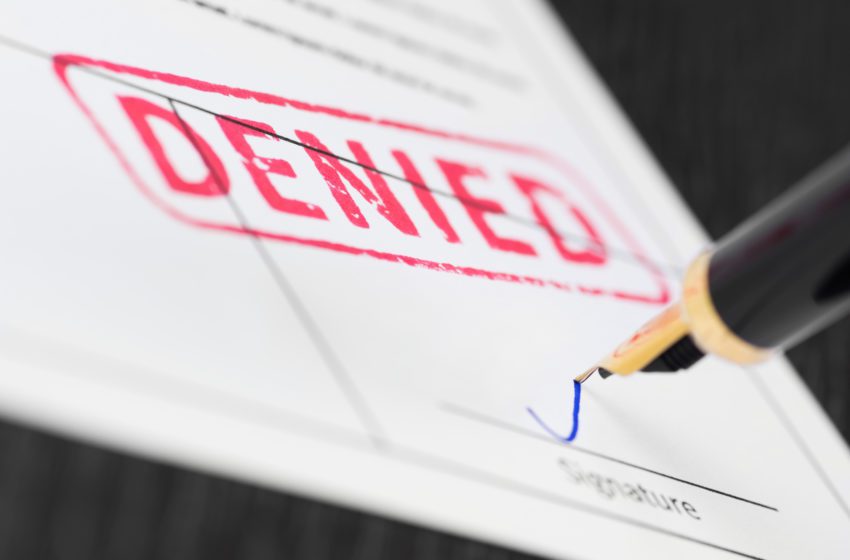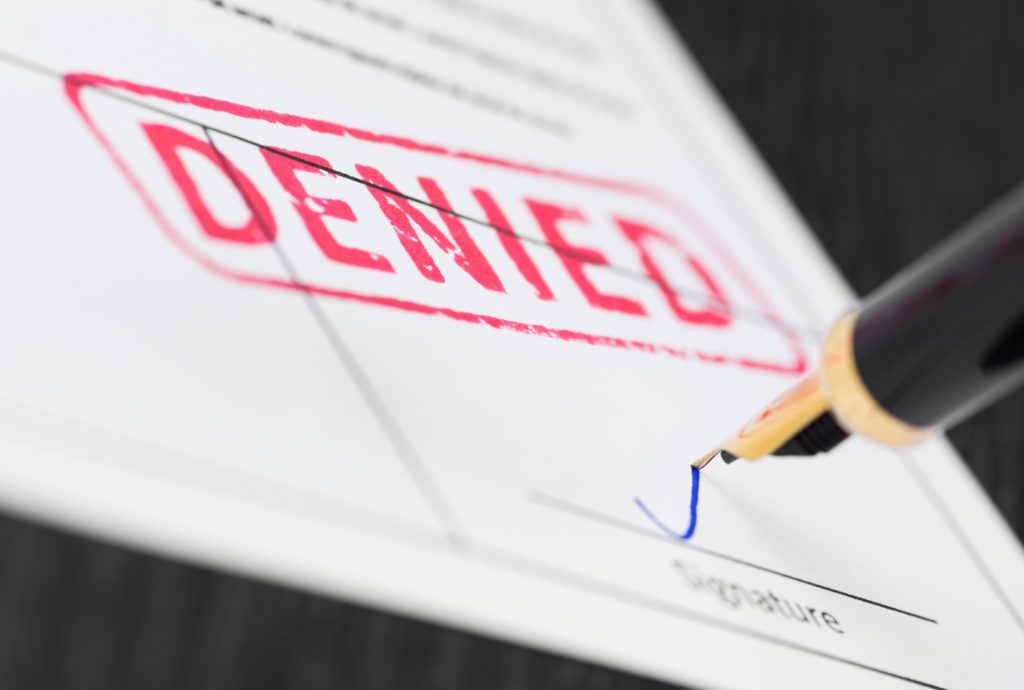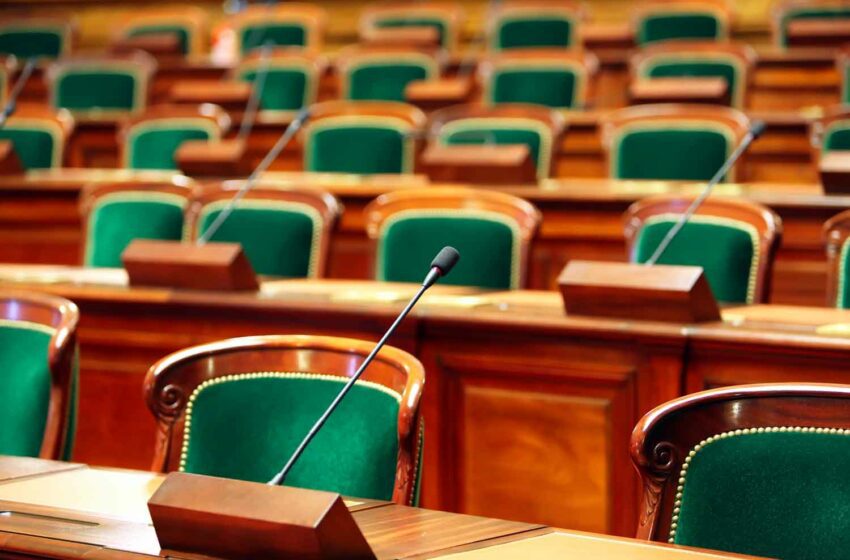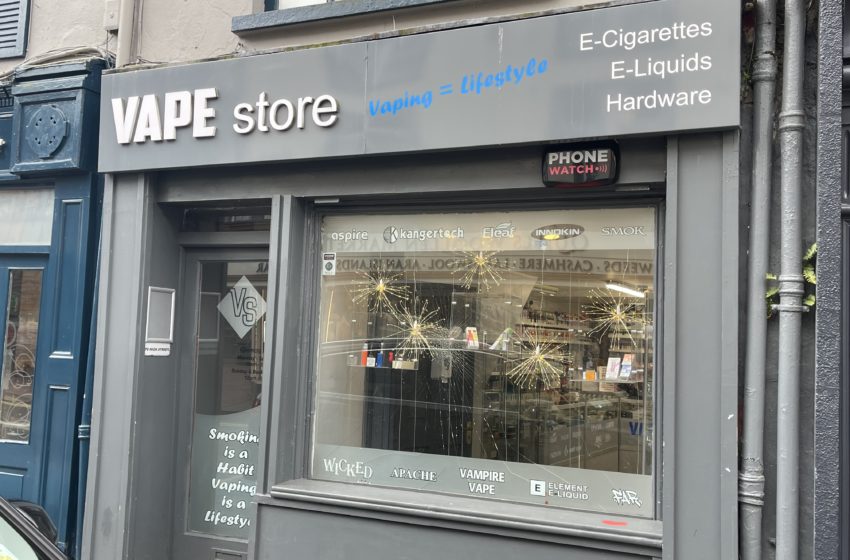Brazilian lawmakers mull regulation of e-cigarettes.
By Claudio Teixteira
In the face of growing concerns about public health, the expansion of the illicit market, and the persistent inaction of the Health Agency in assuming its regulatory responsibilities, the Federal Senate of Brazil has taken matters into its own hands with a bill for the regulation of electronic cigarettes in the country. This initiative, driven by Senator Soraya Thronicke, seeks to fill a legal loophole that has favored organized crime for over a decade and ensure adequate consumer protection. The bill under discussion in Brazil has the potential to mark a before and after in the vaping policy of the largest market in Latin America. Below, some fundamental aspects of this project are detailed, and the perspectives of experts on the subject are gathered.
Nearly 15 years have passed since the Brazilian National Health Surveillance Agency (ANVISA) banned commercial activities related to electronic cigarettes, and the discussion about this measure remains as relevant as it was at the beginning.
Although the current law does not restrict personal use or possession of vaping devices, the ANVISA’s decision in 2022 to maintain the ban, after an exhaustive review process and public consultation, has generated a polarized debate among the Brazilian population. The consultation conducted last February has revealed considerable interest from consumers and various social sectors in reviewing and softening the current rules, favoring a more open and evidence-based policy.
The ANVISA’s decision not to engage in the regulation of vaping products has spurred a significant legislative reaction from the Federal Senate. This situation highlights a critical moment in Brazil’s public health policy, marking a possible turning point in how the country addresses the regulation of these contemporary and widely debated products.
In this context, Bill No. 5,008 of 2023, promoted by Thronicke, emerges. This legislative initiative is proposed as a direct response to the ANVISA’s inaction and seeks to establish a comprehensive regulatory framework for electronic cigarettes and similar devices in Brazil. The project covers many aspects, including production, marketing, importation and exportation as well as the regulation and specific supervision of these consumer products.
Intending to establish precise requirements for their control, this bill represents a comprehensive effort to manage the presence and distribution of vaping devices in the Brazilian market, ensuring proper regulation from their manufacture to their promotion.
Benefiting Organized Crime
The senator has expressed concern that Brazil, unlike 84 percent of Organization for Economic Cooperation and Development countries, lacks specific legislation to regulate electronic cigarettes. According to her, this omission leaves consumers vulnerable, facing a proven ineffective ban that does not align with the more advanced legal and regulatory standards adopted globally.
Thronicke emphasizes that the protection of public health must be the priority, with a particular focus on the safety of young people. She proposes implementing strict regulations covering all aspects from production to marketing, promotion and consumption of these products. The senator maintains that adopting such measures is essential to minimize the risks associated with the use of electronic cigarettes and ensure a market supply that is responsible and regulated.
The senator has expressed her deep dissatisfaction with Brazil’s current lack of regulation of electronic cigarettes. In an interview with Poder360, she pointed out how this legislative gap directly benefits organized crime. She highlighted the critical need to be held accountable for this omission and wondered who truly benefits from this legal void.
“I wish those responsible for this omission face the consequences. I need to know who is behind this and who is facilitating organized crime operations. In this legal limbo scenario, the only beneficiaries are, without a doubt, criminal groups,” emphasized the senator, underscoring the importance of addressing and closing this legislative gap to combat the advancement of organized crime in this sector effectively.
The senator’s concern extends to the quality and safety of vaping products in the Brazilian market. Many of these products evade regulations and contain components of unknown composition, posing a significant risk to public health. Furthermore, she criticizes the current prohibitive policies for their inconsistency, banning potential alternatives in favor of products whose dangers are already widely documented.
Thronicke argues that if bans are to be implemented, they should be applied equitably, including traditional tobacco products. “If the decision is made to ban electronic devices, then conventional cigarettes should also face prohibition. It takes courage to do so, especially when nicotine is legal in Brazil, and electronic cigarettes represent just another way of consuming it.”
These statements underline the urgency and complexity of formulating precise and compelling regulations for electronic cigarettes and other reduced-risk products in Brazil, focusing on safeguarding public health and combating illegality.
Her concerns are evident when she points out how the absence of regulation benefits organized crime through the illicit trade of these products. She also highlights the risks of using unregulated devices and liquids whose ingredients are unknown and potentially harmful. “What is currently sold in Brazil evades any regulation. In Brazil, it’s simple to adulterate these products. The substances used for refilling or containing are made up of unknown ingredients, representing a serious health risk,” the senator emphasized.
Knowing the Bill
- The bill proposes that companies wishing to manufacture or import electronic cigarettes in Brazil register their products with the ANVISA. This process would include paying a “sanitary surveillance and inspection fee” set at BRL100,000 ($20,000) for each registration application or renewal.
- Additionally, registering these products with the Brazilian Federal Revenue service will be required. As part of the process, interested parties must also submit a toxicological evaluation report to the ANVISA that should comprehensively analyze the additives and materials used in the products. This measure seeks to ensure rigorous control over the quality and safety of electronic cigarettes available in the Brazilian market to protect public health and ensure that only safe and regulated products are accessible to consumers.
- The National Institute of Metrology, Quality and Technology and the National Telecommunications Agency will play crucial roles in establishing technical and safety criteria for the proper functioning of vaping devices. These guidelines will include regulations on safety in the charging process and standards for the wireless communication of devices, aiming to ensure that their use is safe and effective.
- On the other hand, the bill introduces rigorous regulations for liquids containing nicotine, establishing a maximum volume limit of 22 mL and a maximum nicotine concentration of 35 mg per milliliter.
- Additionally, the devices must be designed to prevent inappropriate tampering and ensure that they are inaccessible to children as part of a comprehensive effort to increase the safety of these products and primarily protect minors.
- For heated-tobacco products and their respective packaging, the legislative project specifies that each package must contain 20 units, with a nicotine emission that does not exceed 1 mg per tobacco stick.
- Product packages must include an informative leaflet covering essential aspects for the consumer, including instructions for use and storage, contraindications, possible adverse effects and warnings directed at at-risk groups.
- The products must detail their ingredients, the nicotine concentration, the batch number and production and expiration dates. In addition, they must incorporate warning messages about health risks and the obligation to keep these products away from children and adolescents.
- The products must display explicit warnings about several critical aspects of consumer safety and health. Firstly, they must prominently indicate the prohibition of their sale to minors under 18 years of age along with a strong recommendation against their use by nonsmokers. The need to keep the product out of reach of pets will also be emphasized.
- Specific contraindications will be detailed to ensure that consumers are fully informed about situations in which the use of the product is not recommended or can be risky. This includes warnings focused on high-risk groups, such as pregnant women, people with diabetes and patients with heart conditions, reinforcing the project’s commitment to public health protection and the promotion of responsible consumption.
- The product label must provide detailed information on the possible adverse effects of using the product and warnings about the risks of dependency and toxicity arising from its prolonged use.
- The products will include detailed contact information, such as the company’s legal registry and the manufacturer’s or importer’s address, to ensure effective communication with consumers and facilitate the submission of complaints if necessary. According to the senator, this set of requirements promotes high transparency and accountability, encouraging these devices’ safe and informed use.
- The packaging of electronic cigarette products must clearly and visibly display on their exterior a series of crucial information for the consumer. This includes a detailed list of ingredients, categorized explicitly and understandably by the type of additives and nicotine concentration. It is also crucial to include the batch identification, the production date and the product’s expiration date.
- A prominent warning that the product must remain out of reach of children and adolescents is essential, along with a message about the health risks that must occupy at least 20 percent of the packaging surfaces most visible to the consumer.
- Regarding the wording of the products, a specific prohibition will be implemented on using numbers, expressions or graphic elements that evoke flavors associated with desserts, sweets or any other element that may attract children and adolescents.
- The ANVISA will determine the substances whose use will be prohibited, thus ensuring thorough control over the components of these products to safeguard public health.
- The advertising of electronic cigarettes and related products will be subject to a rigorous ban in all media, including television, radio, billboards, print publications and digital platforms, such as social networks. The only exception allowed will be promoting these products within physical sales points or through e-commerce platforms, provided that strict age control is implemented to prevent minors from accessing them.
- Expressly, any direct or indirect reference to youth culture is prohibited, including images of people who may be perceived as under 25 years of age, to deter interest in these products from this age group. These measures aim to reduce the appeal of electronic cigarettes and similar products among young people, safeguarding their health and well-being.
- A robust age verification system will be required at the point of sale to confirm that the purchaser is over 18 years old, using biometrics or other equivalents.
- Sales points must also comply with regulations prohibiting placing electronic cigarettes near products intended for children, such as candies and toys, thus avoiding any association that may be appealing to minors.
- Furthermore, an explicit ban will be imposed on the free distribution of electronic cigarettes by manufacturers, importers or traders for promotional purposes to prevent encouraging consumption among new users, particularly young people.
The regulations surrounding the consumption of harm reduction products will be established in line with the rules applied to traditional cigarettes, including restricting their use in enclosed spaces under existing legislation.
The controversial prohibition of open-system devices is among the critical challenges to implementing and complying with the proposed regulation. These are characterized by a reservoir that can be refilled and generally offers the option to recharge. In contrast, closed systems comprise devices designed typically for single use, which are nonrechargeable and disposable after use.
Such devices, due to their customization capability and low cost, present a significant alternative for those users looking to quit smoking by allowing them to adjust the nicotine concentration according to their specific needs.
However, a critical limitation of the proposed law is that the prohibition significantly restricts the tools available for harm reduction and smoking cessation. This limitation to specific devices poses notable challenges in compliance and effective implementation of the regulation, implying the allocation of resources that could be used more effectively in other tobacco control strategies and in promoting awareness of the associated risks.
‘Chemical Weapons’
The journey of the bill proposed by Thronicke in the Brazilian Senate is anticipated to be full of obstacles. One critic is conservative Senator Eduardo Girao, who has fervently defended the approval of his project, the PL 4.356/2023, which seeks to ratify the prohibitions already imposed by the ANVISA on electronic cigarettes, which he describes as “authentic chemical weapons with a technological varnish.”
Girao argues that e-cigarettes are designed to attract new consumers, thus compensating for the loss of users that the tobacco industry has experienced in Brazil and globally over the last decades. During a plenary session of the Senate on March 11, he warned about the “serious health consequences in the short [term], medium [term] and long term” that an increase in the consumption of these devices could entail, especially among young people. Among these consequences, he mentioned an increase in the incidence of respiratory diseases, cardiovascular diseases and cancer.
Despite this opposition, there are voices like that of Deputy Heitor Schuch suggesting that it’s unlikely any bill will succeed without explicit backing or a prior determination by the health agency.
The scenario underscores the complexity of the legislative and regulatory debate around electronic cigarettes in Brazil, reflecting the divergence of opinions both within the political spectrum and in the academic and medical fields. The situation highlights the need for a deep and balanced analysis that considers both public health and the realities of nicotine consumption in the country. Amid this debate, various voices, including politicians, scientists and civil society representatives, urge Brazil to adopt a coherent and safe regulatory framework for nicotine products.
With 22 million active smokers and about 3 million vapers, the lack of defined regulation and clear inequality in access to less harmful alternatives underline the urgency of establishing effective regulation through legislation. This measure is essential for promoting public health, social equity and economic stimulus. This raises the question of whether this will be the moment Brazil moves toward a more equitable and effective tobacco control policy.
However, as several experts, including Schuch, have highlighted, the likelihood of any bill progressing without the endorsement or a preliminary determination by the health agency seems slim. This scenario highlights the complexities surrounding the formulation and implementation of public policies in tobacco control, emphasizing the importance of a consensus among the stakeholders involved to move toward solutions that adequately address the public health challenges in Brazil.
Finding the Right Balance
For professor Ingrid Dragan Taricano, a prominent toxicologist, regulating electronic cigarettes is at a decisive moment. Taricano identifies several aspects that underline the urgent need to regulate these devices, covering everything from public health and the protection of minors to environmental implications and risk and safety assessments from a toxicological perspective.
Following the essential principle of toxicology, which holds that “every substance is toxic; it is the dose that makes the poison,” Taricano highlights the need to carry out rigorous health-risk assessments to establish safe exposure limits to any substance that comes into contact with humans. This approach emphasizes the importance of addressing concerns about toxic substances in electronic cigarettes and raises a crucial question: What is the safe dose for each component of these products?
Bill PL 5008/2023 incorporates this vision by requiring the submission of toxicological evaluation reports for registering electronic nicotine-delivery devices with the ANVISA. Taricano views this proposal positively, highlighting its relevance within the regulatory framework to ensure a comprehensive evaluation considering the additives used, the manufacturing material and an objective toxicological comparison with traditional cigarettes.
Taricano emphasizes the importance of toxicology as a cornerstone for developing policies and regulations regarding electronic cigarettes. This scientific discipline provides the foundation for establishing quality and safety criteria, restricting certain ingredients and flavors and adopting measures to prevent young people’s access to these products.
In nations where effective regulation has been implemented, specific limits for nicotine concentration have been determined, and proven quality components of e-liquid have been required. This scenario contrasts significantly with deregulated markets, where devices can contain dangerous substances without supervision, as Taricano warns.
She criticizes positions against regulation that focus solely on the presence of harmful elements in electronic devices, overlooking the fundamental toxicological principle that “every substance is toxic, and everything is a matter of dose.” According to Taricano, user safety can only be guaranteed through the appropriate regulation of the quantities and quality of the components.
Taricano highlights the complexity of establishing balanced regulation that protects public health without inhibiting innovation or individual freedom. For her, it’s fundamental that regulatory decisions are supported by a solid scientific base, ensuring that both the risks and benefits of using electronic cigarettes are considered. In this sense, science must be the beacon that guides toward informed and effective regulation, always with consumer well-being as the highest priority.
‘An Obstacle to Quitting’
Alexandro Lucian, a renowned expert in harm reduction associated with smoking and leader of the Directory of Information for Tobacco Harm Reduction, a nongovernmental organization dedicated to improving anti-tobacco policies, highlights the bill’s importance as an essential tool to address current issues of smuggling, tax evasion and the indiscriminate use of products attractive to young people.
Lucian points out that this project seeks to ensure that consumers have access to products that comply with appropriate health regulations and are adequately informed about the risks involved in their use.
However, Lucian emphasizes that the bill requires significant reforms. He criticizes the imposition of an annual registration fee of BRL100,000 and the misclassification of electronic cigarettes as tobacco derivatives, which could hinder the legalization of numerous existing initiatives, thus fostering the illegal market and posing a risk to public health. “This fee will prevent most of the initiatives already existing in the country from becoming legal, fueling illegal trade and bringing incalculable risks to public health,” he says.
He also underscores the need to review the project section that suggests banning open systems, which many users prefer. He argues that restricting legal access to these systems could further stimulate illegal trade. Lucian highlights that these systems, by offering the possibility to adjust the nicotine dose, facilitate the process for traditional cigarette smokers to migrate to electronic ones and, over time, give up the smoking habit.
‘An Obstacle for Small Businesses’
From the consumer’s perspective, Ignacio Leiva, leader of ASOVAPE Chile and coordinator of the “Vaping Is Not Smoking” campaign, is a recognized activist who has significantly contributed to formulating progressive vaping regulations in Chile. Sharing his vision of the situation in Brazil, Leiva considers that Thronicke’s project represents a notable advance for Brazilian legislation, which currently faces unfavorable conditions due to the total ban.
According to him, this situation has fostered the rise of a black market that not only puts consumers’ health at risk due to the lack of control over product quality but also deprives the state of significant tax revenues in addition to benefiting marginal groups that trade in these products.
Leiva expresses concern about the BRL100,000 required for product registration, which he sees as a particularly onerous barrier for small-sized and medium-sized enterprises, possibly favoring large corporations and potentially resulting in a monopoly in the sector.
While he supports advertising restrictions for conventional tobacco, Leiva advocates for greater freedom in promoting harm reduction products. He highlights the need to inform society about less harmful alternatives. He argues that regulation facilitating access to safe and regulated options can motivate a positive change in consumption habits, reducing tobacco use and benefiting public health. Moreover, he defends adopting fair regulatory measures that do not unjustly favor large corporations to the detriment of smaller market players.
Leiva emphasizes the importance of achieving a balance between offering less harmful alternatives to smokers and protecting minors. He positively values the measures included in Thronicke’s proposal to prevent minors from using electronic cigarettes. He applauds the initiative to restrict the sale of these products alongside items aimed at the child and youth audience. This approach reflects, in his opinion, a solid commitment to the protection of young people, ensuring that efforts to minimize the harms associated with tobacco do not increase the use of electronic devices among the most vulnerable population.
Protecting Public Health and Promoting Equity
The voices of politicians, civil society members and scientists urgently highlight the need for a more coherent and safer regulatory framework for managing nicotine products in Brazil. There is widespread agreement on the need to focus policies on protecting public health and combating illegal trade as well as addressing smoking-related complications.
It is also recognized that adopting appropriate regulations in the country would benefit public health and boost the economy through job creation, increased revenues and significant fiscal contributions to the state. This perspective underscores the importance of a balanced approach that combines health objectives with economic incentives to positively impact the population’s well-being and the country’s economic development.
Although Brazil records lower smoking rates compared to other nations, there remains a significant fraction of the adult population, approximately one in eight adults, who continue to smoke. This represents about 22 million people. This data, derived from national statistics on tobacco consumption, highlights the pressing need to implement effective public health policies.
The prohibition of products recognized as harm reduction options in Brazil poses a severe challenge in terms of social justice. A higher incidence of smoking is observed in the lower socioeconomic classes compared to the ability of middle and high classes to access less harmful alternatives, which evidences an apparent disparity in access to healthier options.
This inequality suggests that strategies to promote a healthier lifestyle are predominantly available to those with greater economic capacity, leaving people with fewer resources and limited options to quit or reduce tobacco use. This scenario underscores the need to adopt inclusive measures that allow all layers of society to benefit from safer and more effective alternatives for smoking cessation.
The current prohibition becomes a significant obstacle to implementing public policies aimed at improving access to harm reduction methods in communities most impacted by smoking. In this context, adopting effective regulation emerges as a crucial element, with the potential to make harm reduction strategies accessible to all levels of society, thus helping to mitigate health inequality.
The discussion on regulating less harmful alternatives, such as electronic cigarettes, becomes especially relevant, offering solutions to the adverse consequences of prohibition in Brazil’s social fabric. Furthermore, this debate opens a new avenue in the fight against smoking. Considering social justice issues, it is imperative to promote policies that foster equity and ensure fair access to safer options for all citizens.



